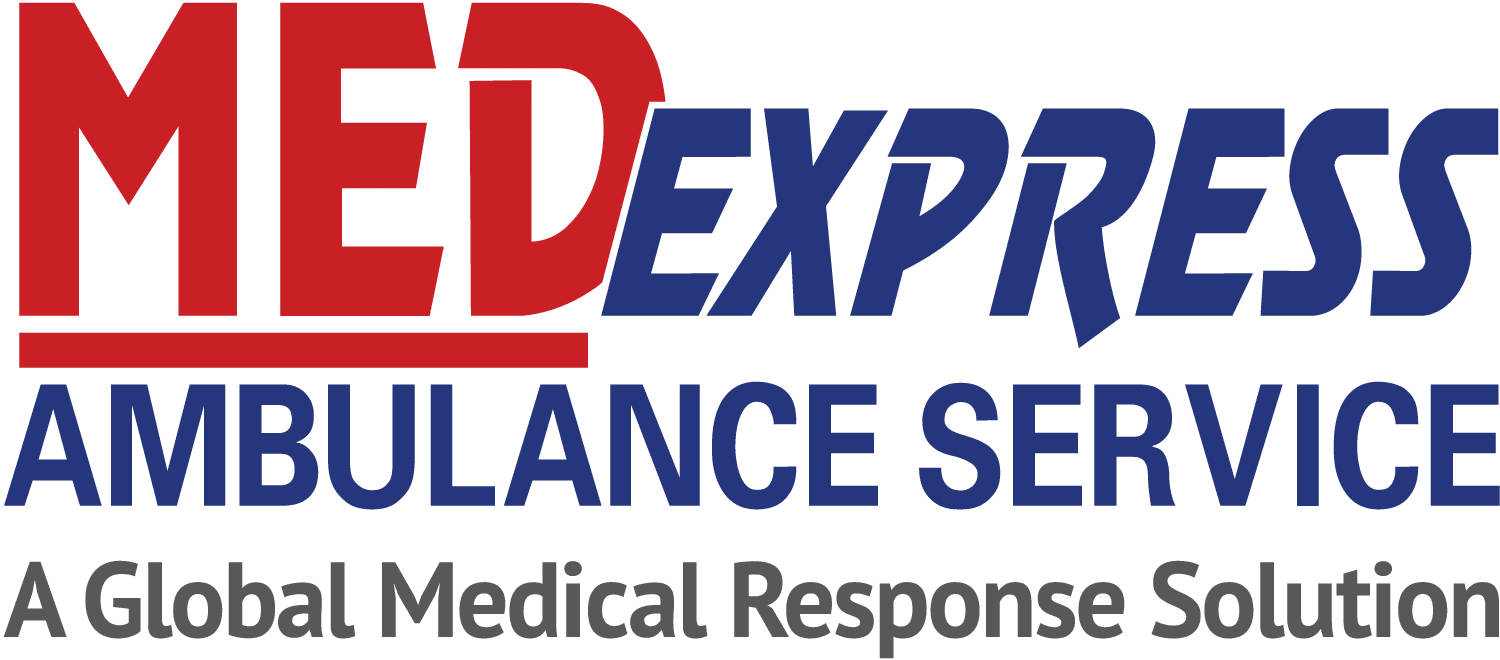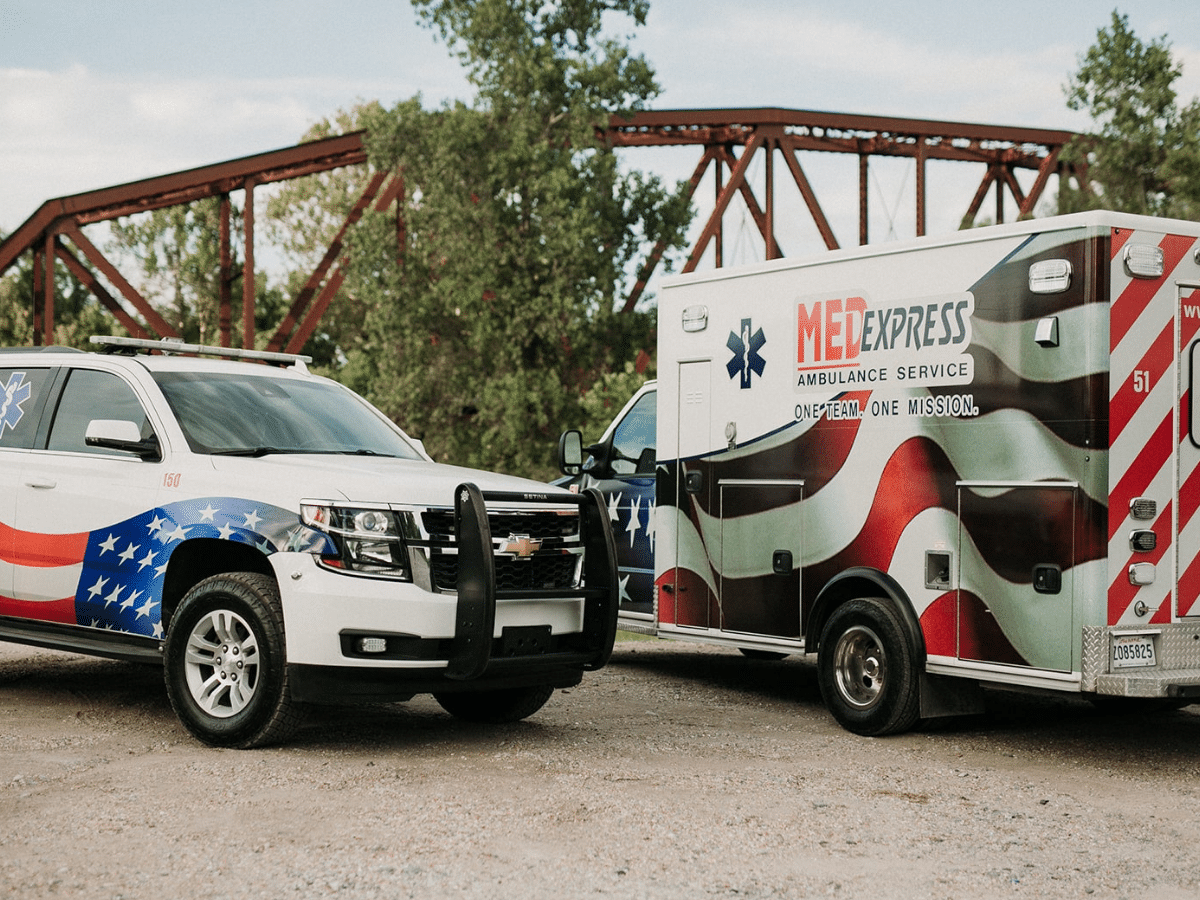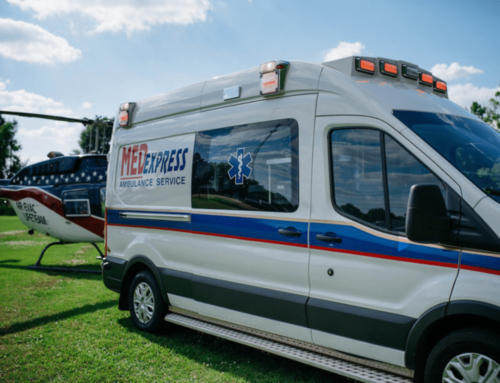HEALTHCARE + PUBLIC HEALTH + PUBLIC SAFETY
A relatively new practice, community paramedicine allows patients to visit with their healthcare practitioner remotely. Differing from telemedicine or virtual doctor’s visits, community paramedicine visits are conducted with a paramedic present whereas other remote healthcare appointments are only between practitioner and patient. Providing assistance with assessment, on-site treatment and prescriptions, as well as transportation to the appropriate medical facility if necessary, paramedicine allows patients to receive care in the comfort of their own home.
ASSISTANCE FROM A LICENSED PARAMEDIC
First responders with unique training to quickly assess and treat a variety of conditions, paramedics and EMTs focus primarily on emergent medical conditions. For paramedics practicing community paramedicine, there is additional training that is necessary in order to provide in-home care. Some programs focus only on one or two specific needs in their community while others provide a wide range of clinical care, assessment, and management strategies. Overall, those practicing community paramedicine are well-prepared to serve their patients’ evolving medical needs.
BENEFITS OF VIRTUAL HEALTHCARE
Some patients in rural areas have difficulty accessing healthcare on a regular basis, especially when they need routine monitoring following a hospitalization, or they have challenges acquiring reliable transportation or support traveling to and from doctors visits. In some cases, these patients feel their only option is to call 911, thereby tying up valuable resources and reducing the number of available units when an emergency occurs.
- REDUCES HOSPITAL READMISSION Paramedics visit at-risk patients to ensure they are following their doctor’s instructions for selfcare, nutrition, and medication in order to avoid a backslide that would cause readmission to the hospital. This also removes the burden of transportation and risk of exposure to germs that may cause infection in a weakened immune system.
- REDUCES UNNECESSARY 911 CALLS AND ER VISITS Providing patients with an alternative to ER visits, especially in rural communities where access to healthcare is not as abundant as larger cities, community paramedicine brings the clinic to you. In situations where you have people who rely heavily on ERs for non-emergent conditions, community paramedicine can provide medical care to these individuals and reduce stress on a busy 911 system.
- TREATS NON-EMERGENT CONDITIONS Community Paramedics provide in-home treatment that includes wound care and blood draws, medication assessment and adjustment, and communication with primary care physicians through telehealth services. Because paramedics are respected for their training and expertise, this becomes a viable option especially when patients are not able to effectively communicate their needs or understand medical direction.
- ALTERNATIVE CARE WHEN HOME HEALTH IS NOT AN OPTION In some communities, home health agencies work hand in hand with community paramedicine to address the needs of patients who do not qualify for home health services. Often referred by these agencies, community paramedicine widens medical reach throughout the community.
GROWING PAINS AS COMMUNITY PARAMEDICINE EXPANDS
Like any new venture, community paramedicine has experienced its own share of growing pains as more patients are taking advantage of these services, especially as the overall telehealth industry has grown during the last few years. While EMS services have developed reporting protocols that are specifically designed for 911 calls, and physicians offices have their own charting systems, Community Paramedicine providers have had to adapt their patient records to allow access to provide long-term or repetitive care for home-based patients.
While community paramedicine services provided by MedExpress offer patients more access than ever to reliable healthcare services, there are some situations where prompt transportation to an emergency room is necessary. Since these providers are uniquely trained in assessment and triage, community paramedicine providers can provide care on the scene with proper transportation to the appropriate medical facility for further care.





